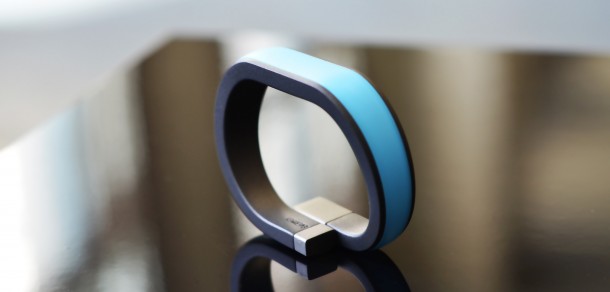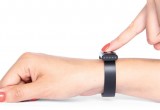Everykey wristband replaces keys and passwords
14 November, 2014
category: Corporate, Digital ID
Searching for better password protection? Everykey says its Bluetooth-enabled bracelet is all you need to thwart hackers.
Instead of providing passwords on devices and social media accounts, the Everykey wristband automatically does the work when it’s within range of the user’s device.
“Say you’re trying to log into your Amazon account,” says Chris Wentz, Everykey CEO. “Everykey will automatically log you in when it’s close to your computer and you visit the Amazon login page.” It can even provide a complex password on any site during user registration.
Everykey uses the same AES 128-bit encryption found on websites that accept credit card information. Once the wristband is out of range, security mechanisms are automatically re-enabled.
“Only your wristband and the devices it unlocks hold the encryption key,” Wentz says. “Our company doesn’t have access to that encryption key and therefore, we have no way of decrypting your passwords.”
The bracelet needs to be charged about once a month. It’s water resistant and can be quickly deactivated or disabled if lost or stolen. For the fashion conscious, it comes in a variety of colors.
Soon, Everykey plans to release a software development kit that would give the wearer immediate access to physically locked items like doors – no keys needed.
Everykey was born during an entrepreneurship class project at Case Western Reserve University two years ago. The class professor liked the concept enough to invest in the startup. Now, the company is relying on a Kickstarter campaign through late November to get its wristband into the market.
“Kickstarter allows us to take pre-orders to fund our first production run, which also allows us to know how much we’re manufacturing before we go into production,” Wentz says. “We’re currently estimated to ship Kickstarter units in March, 2015.”
More than a thousand backers have pledged money. The company is two-thirds of the way to reaching its project funding target of $100,000.




